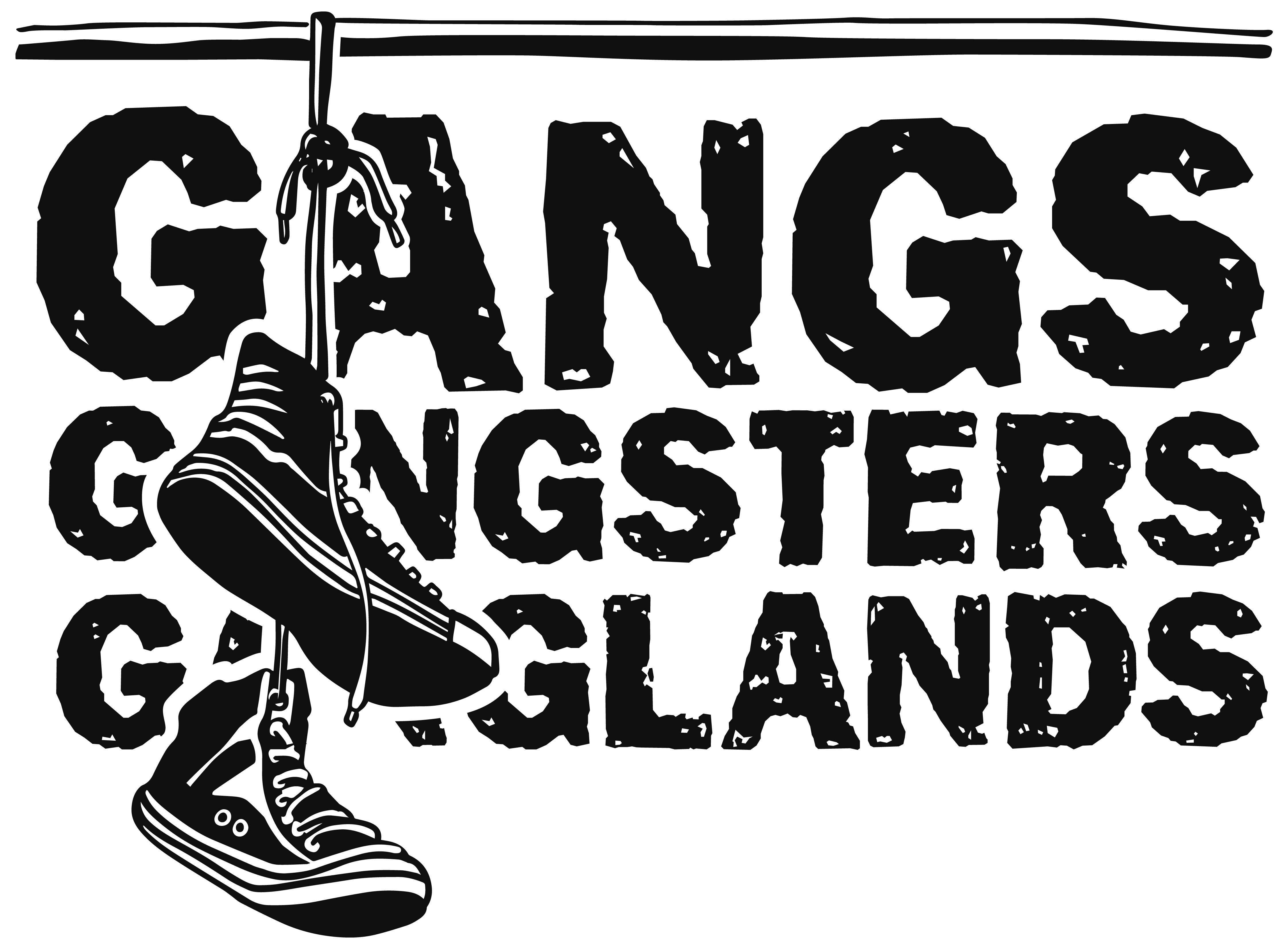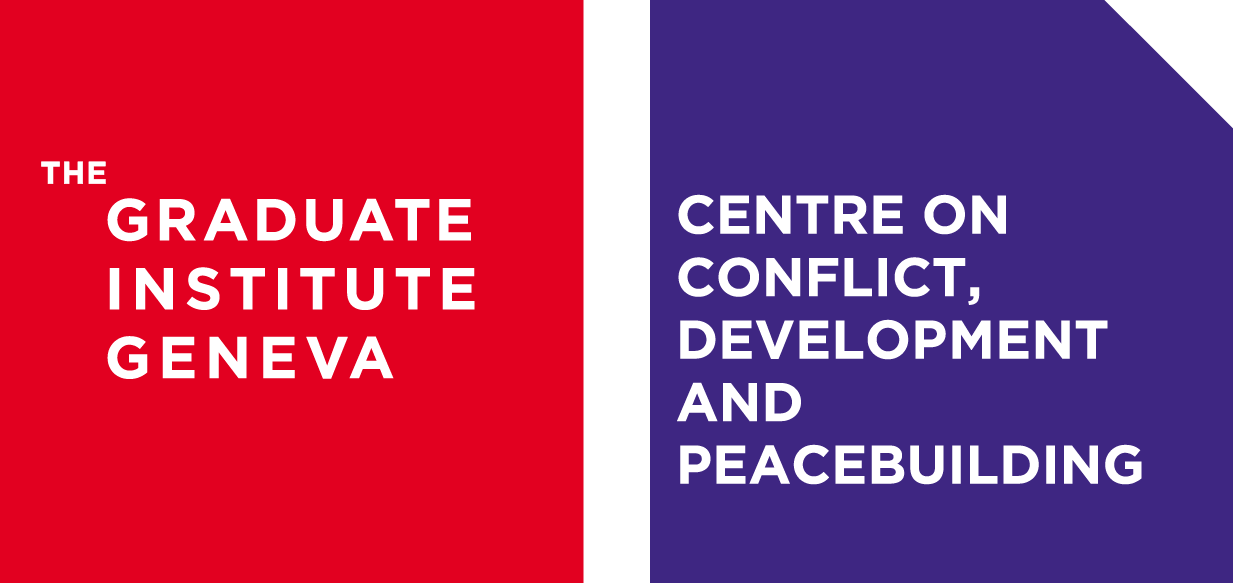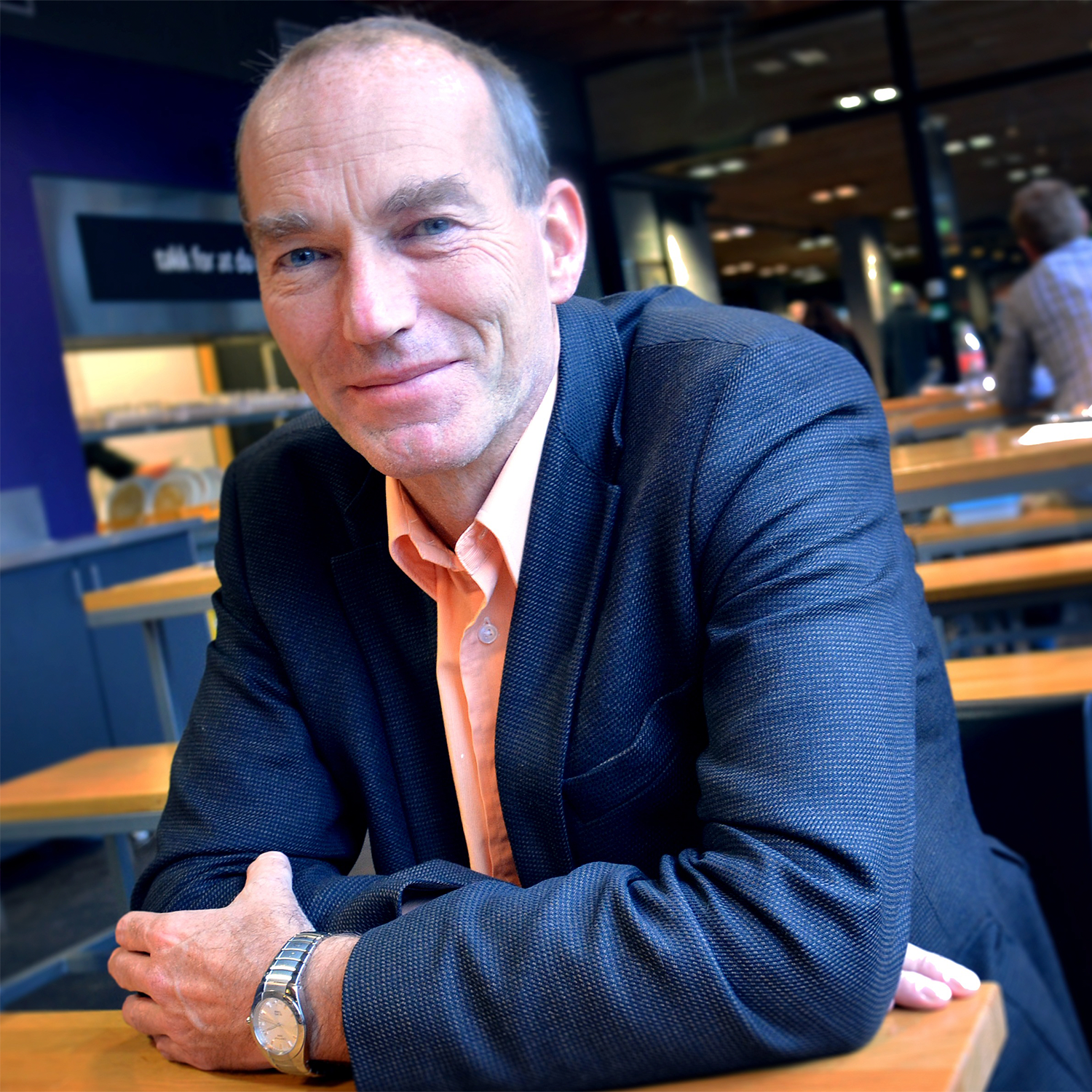
Welcome to our multimedia platform!
Welcome to our multimedia platform!
In this library you can find the recordings of all workshop sessions. If you would like to contribute to the discussions by posting interesting audio-visual and/or written material or contents on this platform please contact anthroandsecurity@graduateinstitute.ch.
Workshop Series: Anthropologies and Securities
As we watched the COVID-19 pandemic unfolding worldwide, we decided to organise a monthly series of online workshops to discuss its political, social, economic, and cultural implications from a security perspective. 2020 was not only marked by the dramatic outbreak of a global pandemic, but also by repressive regimes mushrooming and solidifying in all corners of the world; by people across all five continents (re)claiming the streets and civil rights; the threat and wake of conflict looming in the air; and by a rise of popular and populist protest movement bound by scepticism, including against science and the scientific community. Leading to unprecedented shifts in security discourses, practices and configurations on local, national and global levels, these accelerated developments were the focus of the monthly “Anthropologies and Securities” Workshop Series held between January and April 2021. In attempting to make sense of security shifts following the cumulation of sanitary, social, political, ecological and economic crises over the past year(s), we sought to bring anthropologists from different specialisations, scholars from adjacent disciplines and practitioners (closer) together.
We kicked off the Workshop Series with practitioners reporting on how the pandemic had affected their respective fields, ranging from the “frozen conflict” in Ukraine; to the situation of journalists and human rights defenders working on migration in Mexico and beyond; feminist student movements in Chile; and the daily struggles among the artistic community in urban Switzerland. We further discussed the multiple meanings of “security” while inevitably broadening the discussion to adjacent queries, including to the issues of social fragmentation and othering; the meaning of “crisis”; and the complexities of living in border zones. Finally, methodological questions were raised such as: how can we ethnographically document contemporary societies amidst this pandemic that is unfolding in front of our eyes? What can and should be expected of anthropology and ethnography in a changing world order?
Many of these themes also resurfaced during the three following workshops – “State (and) Power in the Pandemic”; “Social Mobilisations, Mass Movements and Protest in Pandemic Times”; and “Urban Livelihoods and Everyday Life in the Pandemic” respectively. By the time we concluded the last workshop, it had become clear that there were certain common denominators, or rather, leading threads weaving through all the sessions: virtually – and to little surprise – no country is spared by the adverse effects of inequality and precarity. As we saw during the first workshop, similar types of dynamics, albeit expressed very differently, affected all countries from the Global South and the North, the East and the West. With inequality and precarity as the foundation of the current world order we identified how different understandings of insecurity and hence security exist at all levels. As we saw notably during the second workshop, security of and for the state often translates into insecurity from a civil society perspective, and vice-versa. Indeed, the re-emergence of nation-states through the hardening of borders globally symbolises the defiance and challenge that grassroots movements pose to those presumably in power. In this vein, an accelerated process of othering was seen on a macro- but also meso-and micro-level. As crystalised during the third workshop, this process promotes social fragmentation, chaos and – in its most extreme form – popular violence and war, setting in motion feelings of fear, resentment and hate among and between populations, on- and offline. These dynamics, as we saw during the fourth workshop, have grave implications in terms of human mobility; access to civil rights and basic services, including healthcare and welfare, as well as intra-urban mobility; and psychological well-being, especially for the most marginalised of populations and communities.
The multiplicity of crises is by no means a straightforward question, as it entails disentangling whether and in what ways the pandemic has brought forth certain pre-existing issues relating to inequality and precarity; and/or has created spaces for newly emerging ones. Indeed, the academic community has since the age of time been writing, discussing and warning about the backlashes of an ever-growing inequality worldwide. What our Workshop Series has contributed to our understanding of the role of “security” as a cross-cutting mechanism guiding these backlashes is how events such as the current pandemic can be accelerators of inequality but also open up spaces for the less powerful to “speak truth to power”, as Michel Foucault famously put it. The important unanswered issue, however, is understanding when the latter rather than the former outcome emerges.







